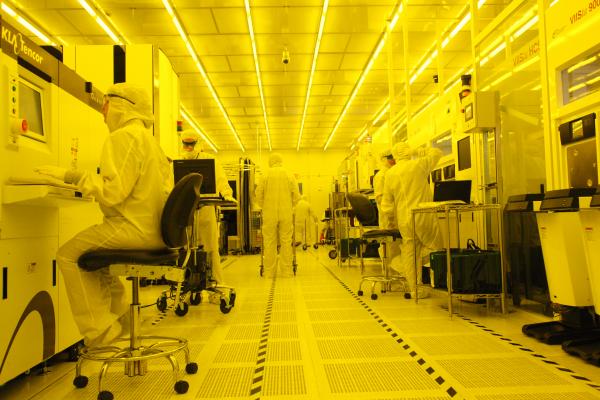On the occasion of National Manufacturing Day, the White House released the National Strategy for Advanced Manufacturing. Manufacturing drives America’s economy and national security. To help the United States remain a global leader, the Biden-Harris administration is focused on efforts that revitalize the manufacturing sector, build strong U.S. supply chains, invest in research and development (R&D), and train the workforce that will secure our global economic position. This quadrennial strategy outlines a vision for the U.S. to lead in advanced manufacturing — to grow the economy, create jobs, enhance environmental sustainability, address climate change, ensure national security and improve health care.
Through collaboration across the public and private sectors, the following goals and strategic objectives will be pursued during the next four years.
Goals
- Develop and implement advanced manufacturing technologies.
- Grow the advanced manufacturing workforce.
- Build resilience into manufacturing supply chains and ecosystems.
Strategic Objectives
- Enable clean and sustainable manufacturing to support decarbonization.
- Accelerate manufacturing innovation for microelectronics and semiconductors.
- Implement advanced manufacturing in support of the bioeconomy.
- Develop innovative materials and processing technologies.
- Lead the future of smart manufacturing.
- Expand and diversify the advanced manufacturing talent pool.
- Develop, scale and promote advanced manufacturing education and training.
- Strengthen connections between employers and educational organizations.
- Enhance supply chain interconnections.
- Expand efforts to reduce supply chain vulnerabilities.
- Strengthen and revitalize advanced manufacturing ecosystems.
Each of the objectives has detailed recommendations outlined in the strategy. As part of this “whole of government” approach, the recent passage of the CHIPS and Science Act invests in semiconductor infrastructure and will help support several of the objectives. The Inflation Reduction Act, in combination with the infrastructure modernization investments in the Bipartisan Infrastructure Law, will provide resources and incentives to help reach the climate and clean energy objectives. The president’s Executive Order on Advancing Biotechnology and Biomanufacturing Innovation ensures a sustainable, safe and secure American bioeconomy.
Attaining these goals and objectives will require close collaboration across the U.S. government. Several agencies sponsor successful public-private partnerships, such as Manufacturing USA institutes (funded in part by the U.S. Departments of Commerce, Defense and Energy and with support from six additional federal agency partners) and Manufacturing Extension Partnership (MEP) centers (funded and run by the National Institute of Standards and Technology). These are national resources that support and strengthen U.S. manufacturing and will play key roles in delivering on this strategy. For example, the Manufacturing USA institutes partner with other organizations on advanced manufacturing technology development and education and workforce development. In FY 2021, educational and workforce programs across Manufacturing USA trained more than 90,000 people, encouraging many to pursue careers in manufacturing. The MEP program assists small and medium-sized manufacturers, which make up most manufacturing enterprises in the U.S.
By investing in American advanced manufacturing, we invest in American communities. As technology advances manufacturing, innovations enable new, improved methods for making products as well as development of new products that improve our lives. Advances in manufacturing enable the economy to continuously grow as new technologies and innovations increase productivity, enable next-generation products, support our capability to address the climate crisis, and create new, high-quality, and higher-paying jobs.
Subscribe to AM Chronicle Newsletter to stay connected: https://bit.ly/3fBZ1mP
Follow us on LinkedIn: https://bit.ly/3IjhrFq
Visit for more interesting content on additive manufacturing: https://amchronicle.com/

